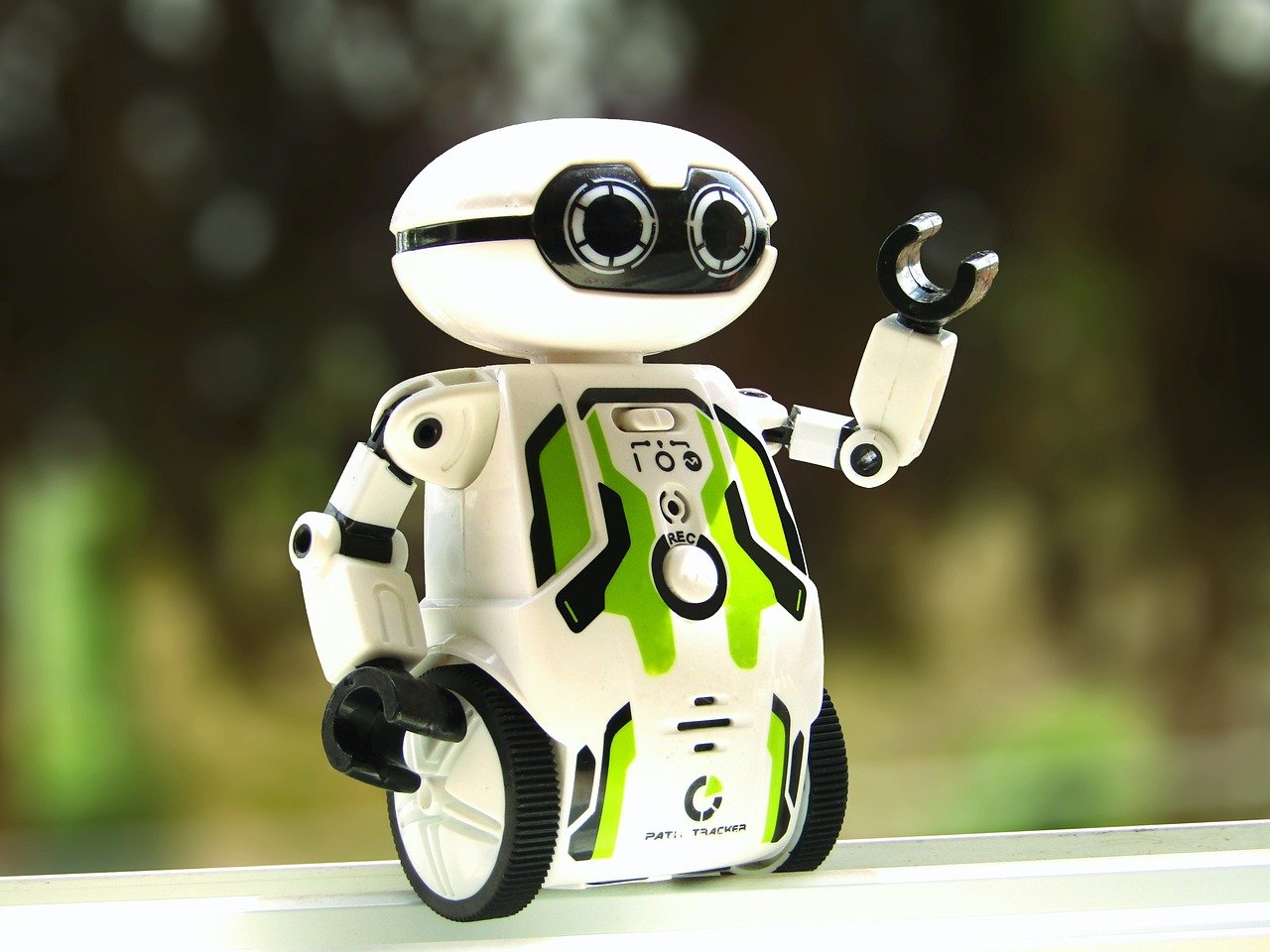Artificial Intelligence (AI) has rapidly evolved over the last decade, transforming industries and reshaping the global economy. The innovations stemming from AI not only enhance efficiency but also significantly improve decision-making processes, paving the way for groundbreaking applications across various sectors. In this blog post, we will explore the latest AI innovations, their implications in different fields, and practical examples illustrating their impact.
Understanding AI Innovation
AI innovation refers to the development and implementation of new technologies that harness machine learning, neural networks, natural language processing, and other facets of AI. These innovations are versatile and apply to various industries, creating opportunities for improvements in productivity and service delivery.
The Evolution of AI
The history of AI can be divided into several phases:
- 1950s – Early Conceptualization: The term “Artificial Intelligence” was coined, and initial theories were proposed.
- 1980s – Rise of Expert Systems: Early AI applications that emulated human decision-making were developed.
- 2000s – Machine Learning: The emergence of algorithms that allow computers to learn from data.
- 2010s – Deep Learning: Advanced neural networks gained popularity, driven by increased computing power and data availability.
Key Components of AI Innovation
AI innovations involve several critical components:
- Data: Large datasets are essential for training AI systems.
- Algorithms: Efficient algorithms are necessary for processing data and drawing insights.
- Computing Power: High-performance computing infrastructure supports complex computations.
- Ethics: Considerations around fairness, transparency, and accountability are crucial as AI systems are deployed.
Applications of AI Innovation Across Industries
AI innovations manifest in multiple sectors, revolutionizing traditional operations and creating new paradigms.
Healthcare
AI innovations in healthcare are reshaping patient care and operational efficiency.
- Predictive Analytics: AI algorithms analyze patient data to predict diseases, enabling early interventions.
- Personalized Medicine: Tailored treatment plans based on genetic information improve patient outcomes.
- Robotic Surgery: Enhanced precision through AI can reduce recovery times.
Example: IBM Watson Health uses AI algorithms to analyze vast quantities of medical literature and find suitable treatment options for cancer patients.
Finance
In finance, AI innovations enhance security, automate trading, and improve customer experiences.
- Fraud Detection: AI systems analyze transactions in real-time to identify unusual patterns indicative of fraud.
- Algorithmic Trading: AI-driven models outperform traditional methods by executing trades rapidly based on predefined parameters.
- Chatbots: AI customer service representatives provide 24/7 assistance, improving engagement.
Example: PayPal employs machine learning models to detect fraud, reportedly blocking millions of fraudulent transactions daily.
Challenges and Limitations of AI Innovation
Despite its immense potential, AI innovation faces several challenges that must be addressed to ensure safe and equitable use.
Data Privacy and Security
- Data Breaches: Increased data collection heightens risks of security breaches.
- Consent Issues: Ensuring informed consent for data usage can be complex.
Ethical Considerations
- Bias in Algorithms: Bias in training data can lead to unfair AI decisions.
- Job Displacement: Automation may result in job losses in certain sectors.
The Future of AI Innovation
The future of AI innovation looks promising, with several trends expected to shape its trajectory:
- Explainable AI: Emphasis on understanding how AI models make decisions.
- AI for Environmental Sustainability: Innovations targeting climate change and resource management.
- Human-AI Collaboration: More interactive systems that enhance human capabilities instead of replacing them.
Conclusion
AI innovation is not just a technological advancement; it is a transformative force that has the power to redefine how we interact with the world. As we embrace these innovations, it is vital to address ethical implications and security concerns while promoting transparency and collaboration. The future of AI promises exciting advancements, and businesses that harness these innovations will lead in efficiency, productivity, and enhanced customer experiences. By staying informed, adapting to trends, and focusing on responsible AI integration, organizations can position themselves at the forefront of this technological evolution.




